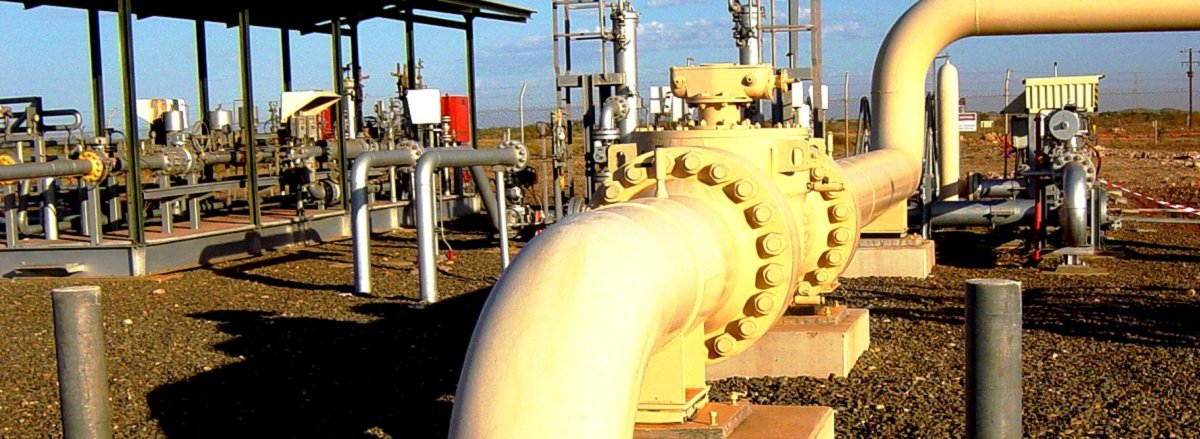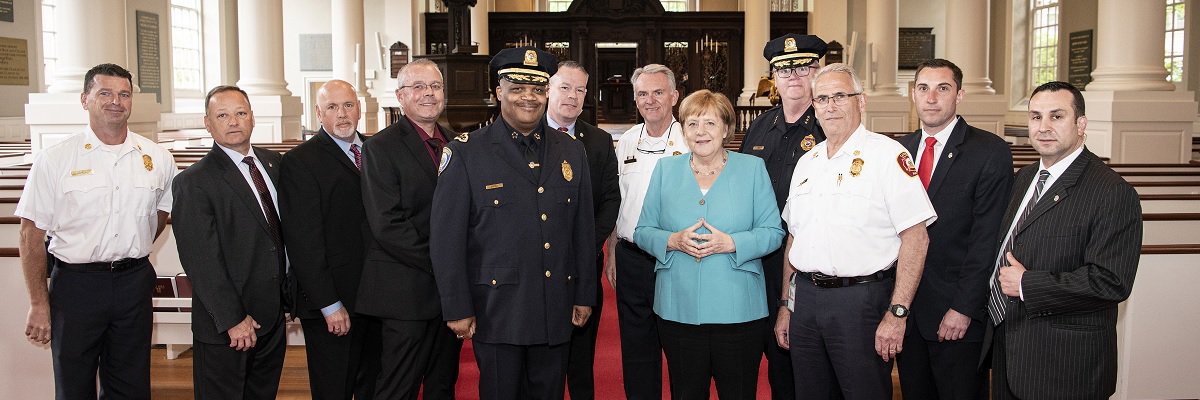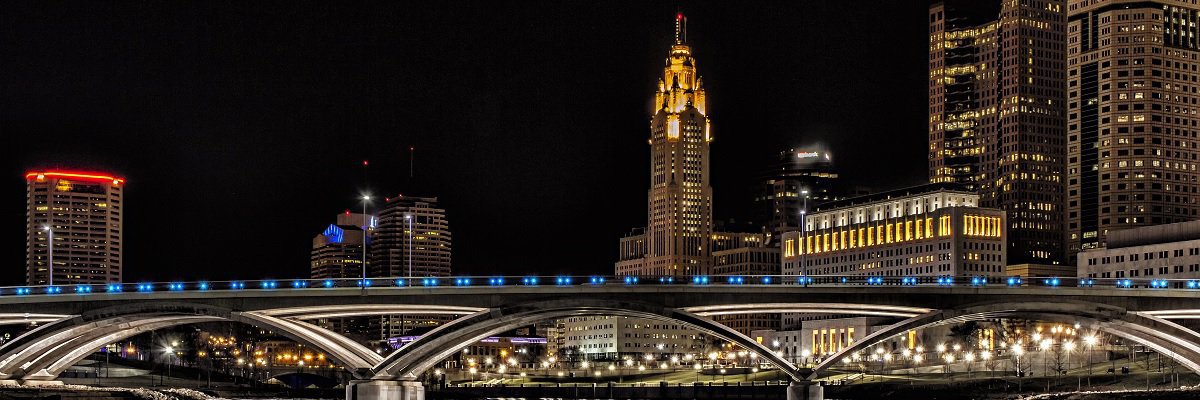Pipes set long ago are prone to leaks, and gas companies and government alike are privy to the fact. In an attempt to better facilitate the flow of information between natural gas companies and local government, Massachusetts law requires companies to turn their gas leaks information over to the Department of Public Utilities; from there, the DPU can pass it on to any interested municipalities.
Last week, the DPU was heralded by shale drilling proponents for rejecting anti-pipeline groups “intervenor” status at DPU hearings on the proposed Kinder Morgan Tennessee Gas Pipeline in Western Massachusetts. Talks of new natural gas lines continue, but what of maintaining our existing ones?
Over the winter, MuckRock submitted an initial round of requests to towns in Middlesex County and the greater Boston area for information obtained under the new law. Unfortunately, the results of the requests suggested that no towns were taking advantage of the right.
Brookline provided materials they had received directly from National Grid; Dunstable sent a map of service pipeline maps from 2010 and generously provided a log of police calls made relating to gas leaks. A follow-up to the State’s DPU turned up only one request made under the statute, from the City of Boston itself.
- Large red = No Responsive Documents
- Large Yellow = Payment Requested
- Large Purple = Rejected
- Large Green = Some responsive materials provided
- Small red = Never received a response
- Small yellow = Still awaiting response
In general, there was a confused response to the request. Most cities claimed to have no responsive documents. Occasionally responses included other attempts at helpfulness, suggesting that the requests be redirected to the State or the gas company.


Belmont stated that the town has no reason to obtain copies of gas leak information, as National Grid is the responsible party in this situation.

And Lowell, Townsend, and Weston all claimed that potentially responsive materials would be exempt from disclosure under the State’s public records law, though it was not clear whether the exemption citation was predicated on the actual possession of responsive documents.
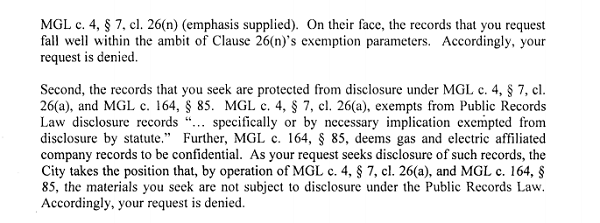
All outstanding requests from this round have been withdrawn. New requests are being submitted now. We want to know what steps, if any, are being taken to preemptively counter gas leaks. So far, Somerville has responded, providing a list of pipelines scheduled to be repaired but requesting $69.00 to provide materials regarding the location and severity of known gas leaks in the town.
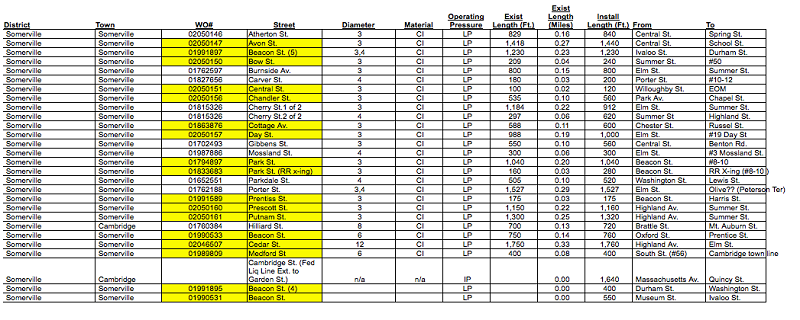
Take a look at the map below to see if a request has been sent to your town. It has? Go to the request page and follow that request to receive an update when materials arrive. It hasn’t? Shoot us a message at info@muckrock.com and we’ll send an inquiry on your behalf.
- Small red = Request not yet submitted
- Small yellow = Request submitted
Image by Glen Dillon via Wikimedia Commons and is licensed under CC BY-SA 3.0
